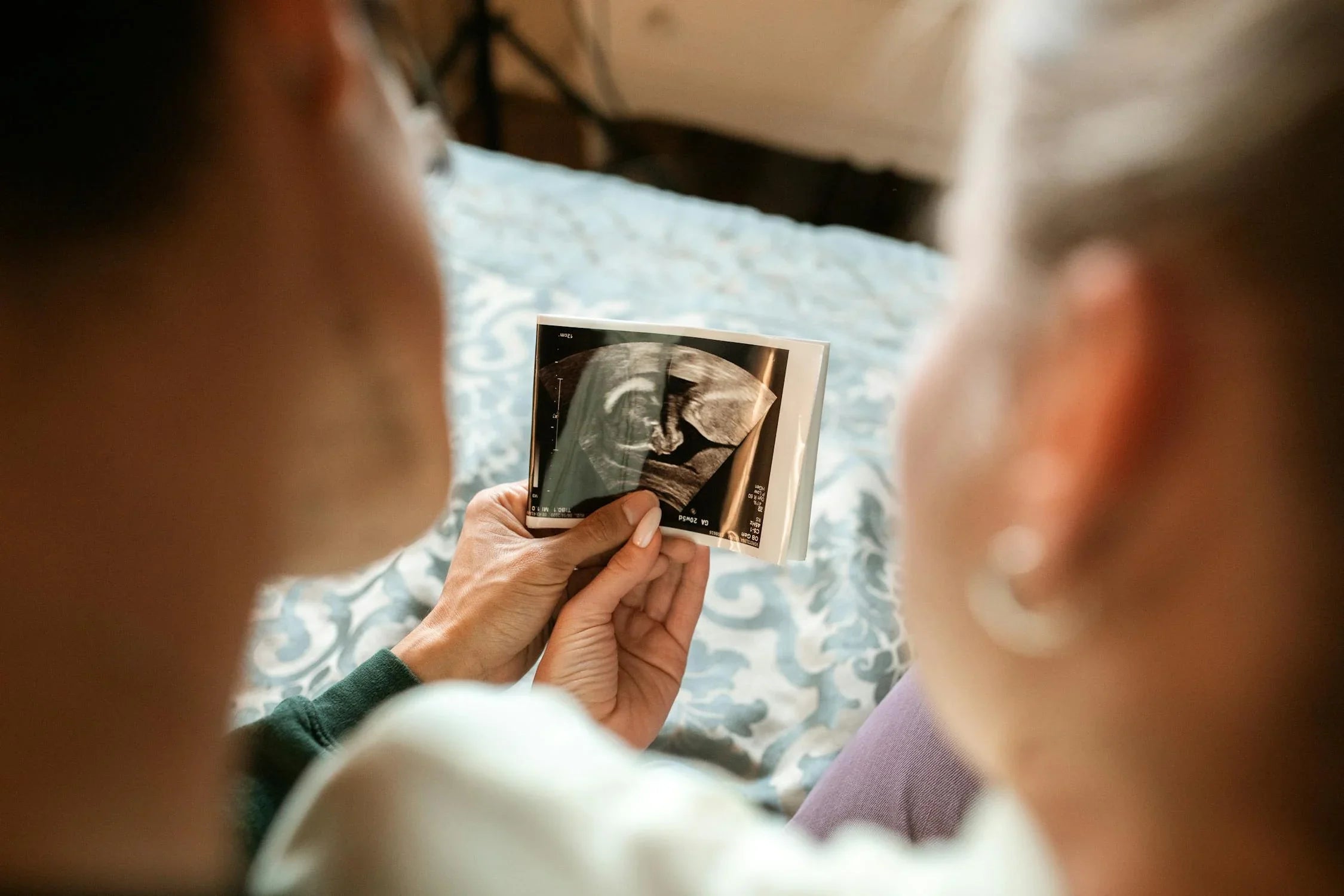Accueil
Pregnancy, Breastfeeding, and Pumping: The Ultimate Guide for Moms
Can Pregnancy Tests Give False Negatives: What You Need to Know

Can Pregnancy Tests Give False Negatives: What You Need to Know
Pregnancy tests are a common tool for women who suspect they might be pregnant. However, the question often arises: can pregnancy tests give false negatives? The answer is yes, and understanding why this happens can help you navigate the process with greater confidence and accuracy.
How Pregnancy Tests Work
Pregnancy tests detect the presence of human chorionic gonadotropin (hCG), a hormone produced during pregnancy. Most tests are designed to detect hCG in urine, while others use blood samples. The accuracy of these tests depends on several factors, including the timing of the test and the sensitivity of the test itself.
Common Reasons for False Negatives
False negatives can occur for various reasons. One of the most common is testing too early. hCG levels may not be high enough to detect in the early stages of pregnancy. Additionally, improper use of the test, such as not following the instructions correctly, can lead to inaccurate results. Certain medications or medical conditions can also interfere with the test's accuracy.
Timing Matters
Timing is crucial when taking a pregnancy test. Testing too soon after conception can result in a false negative. It's generally recommended to wait until after a missed period to take a test for the most accurate results. However, some tests claim to detect pregnancy even before a missed period, but their accuracy may vary.
Test Sensitivity
Not all pregnancy tests are created equal. Some tests are more sensitive to hCG levels than others. Tests with higher sensitivity can detect lower levels of hCG, making them more accurate in the early stages of pregnancy. It's important to choose a test that aligns with your needs and to read the packaging carefully to understand its sensitivity level.
User Error
User error is another common cause of false negatives. Not following the instructions, such as using the test at the wrong time of day or not waiting long enough for the results, can lead to inaccurate readings. Always read and follow the instructions provided with the test to ensure the best possible outcome.
Medical Conditions and Medications
Certain medical conditions and medications can affect the accuracy of pregnancy tests. For example, conditions that affect hCG levels, such as certain types of cancer, can lead to false negatives. Additionally, medications that contain hCG, such as fertility treatments, can also interfere with test results. If you suspect that a medical condition or medication is affecting your test, consult a healthcare professional.
What to Do If You Suspect a False Negative
If you receive a negative result but still suspect you might be pregnant, there are several steps you can take. First, wait a few days and take another test. hCG levels double every 48 to 72 hours in early pregnancy, so waiting can increase the likelihood of an accurate result. If you continue to receive negative results but experience pregnancy symptoms, consult a healthcare professional for further testing.
Confirming Pregnancy
If you receive a positive result or are unsure about the accuracy of your test, it's important to confirm the pregnancy with a healthcare professional. Blood tests and ultrasounds are more accurate methods of confirming pregnancy and can provide additional information about the health and development of the pregnancy.
Emotional Impact
Receiving a false negative can be emotionally challenging, especially for those who are actively trying to conceive. It's important to remember that false negatives can happen and are not necessarily a reflection of your health or fertility. Seeking support from loved ones or a healthcare professional can help you navigate the emotional aspects of this experience.
Preventing False Negatives
While it's not always possible to prevent false negatives, there are steps you can take to increase the accuracy of your test. These include waiting until after a missed period to test, choosing a test with high sensitivity, and following the instructions carefully. Additionally, consulting a healthcare professional if you have concerns can provide additional reassurance and guidance.
When to Seek Medical Advice
If you continue to receive negative results but experience pregnancy symptoms, or if you have concerns about the accuracy of your test, it's important to seek medical advice. A healthcare professional can provide additional testing and guidance to help you understand your situation and make informed decisions.
Understanding the potential for false negatives and taking steps to ensure the accuracy of your test can help you navigate the process with greater confidence. If you suspect a false negative, don't hesitate to seek further testing and support. Remember, you're not alone, and there are resources available to help you through this journey.
Partager

